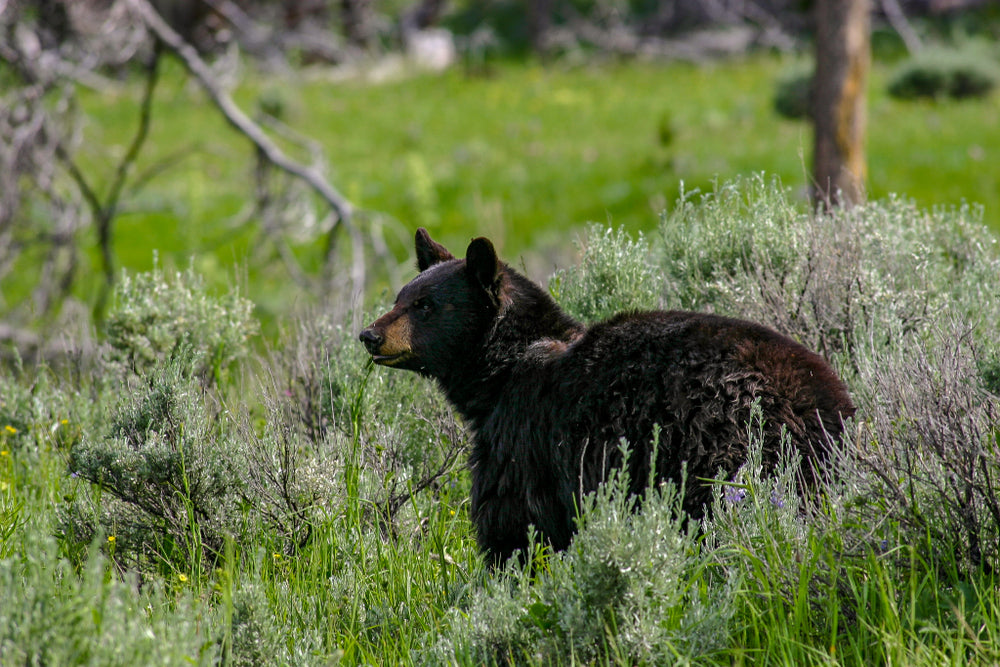Preparing for the End of Hibernation Season with BearSaver
Posted by Securr Blogger on
Spring is just around the corner, and that means bears will be coming out of hibernation soon. Bears in hibernation have been fasting, which means they’ll be extra hungry when they emerge. It’s vitally important to keep attractants secure during this time of year. Let’s take a closer look at how bears behave as they come out of hibernation and how BearSaver products can help keep you – and our bear friends – safe.
Hibernation conserves energy in winter months
Black bears typically hibernate during the winter months, usually from November to April, depending on the location and weather conditions. During this time, their metabolism slows down significantly, and they do not eat, drink, or defecate. This allows them to conserve energy and survive the winter months when food is scarce.
Disturbing hibernating bears can be dangerous
It's important to note that human disturbance during hibernation can be dangerous for bears. Bears that are woken up from hibernation prematurely can be disoriented and may struggle to survive if they are unable to find food or return to their den. Additionally, bears that are disturbed during hibernation may become accustomed to humans, which can lead to increased conflicts and safety risks for both bears and humans. Therefore, it's important to avoid disturbing bears in their dens during the winter months.
Bears will be hungry as hibernation ends
As spring approaches, black bears begin to wake up from their hibernation. This process is gradual and can take several weeks. As their metabolism starts to pick up, bears will begin to move around and search for food. They will typically start by eating grasses and other vegetation before moving on to insects and small animals, such as rodents. Once bears have regained their strength and have built up their fat stores, they will start to move around more, in search of mates. Male bears will travel long distances to find females, while females will stay in their home range, waiting for males to come to them.
Bears will eat just about anything
Black bears are opportunistic feeders and will eat a wide variety of foods, including berries, fruits, nuts, insects, fish, and small mammals. They are also known to raid bird feeders and garbage cans in search of food. Black bears are not aggressive animals and will typically avoid human contact if given the opportunity. However, if a bear becomes accustomed to human food or feels threatened, it may become aggressive. It is important to remember that black bears are wild animals and should be treated with respect and caution.
BearSaver helps you avoid conflicts with hungry bears
To avoid conflicts with black bears, it is important to practice bear-safe habits such as properly storing food, keeping a clean camp, and not feeding bears – including keeping attractants such as garbage secure. Fortunately, it’s easy to keep bears out of your trash and recycling with BearSaver’s bear-proof trash cans, recycling bins, and food storage lockers. We have more than 75 different bear-proof products, so you’re sure to find just what you need.
Contact BearSaver today
If you’d like to learn more about how BearSaver’s products can help you as local bears emerge from hibernation, then contact us at 800-851-3887 or sales@bearsaver.com. Our Customer Service Representatives are eager to answer all your questions. Contact us today!

